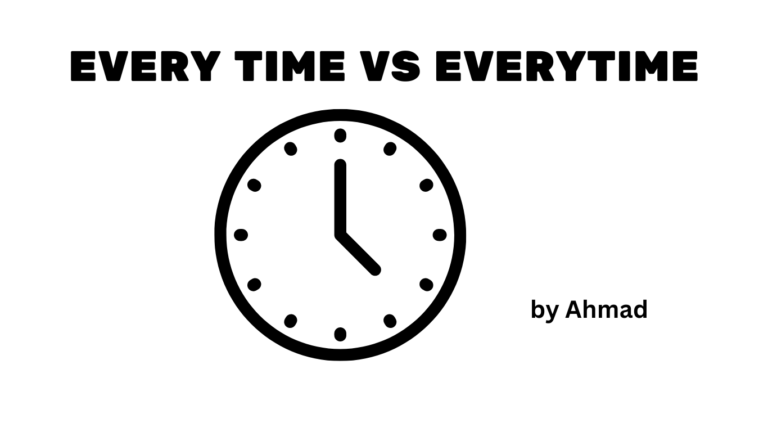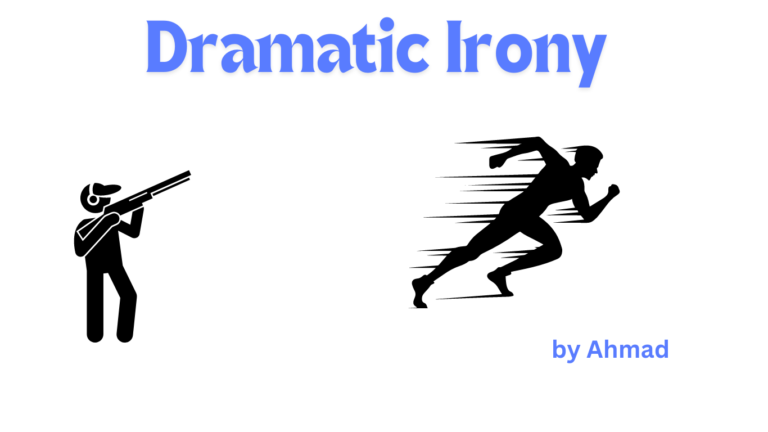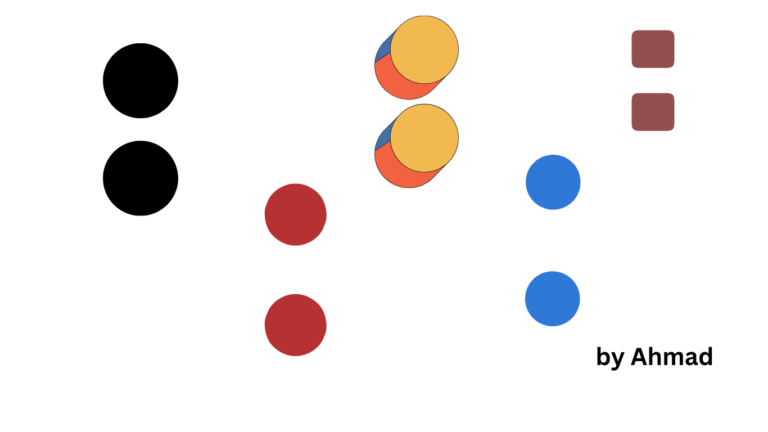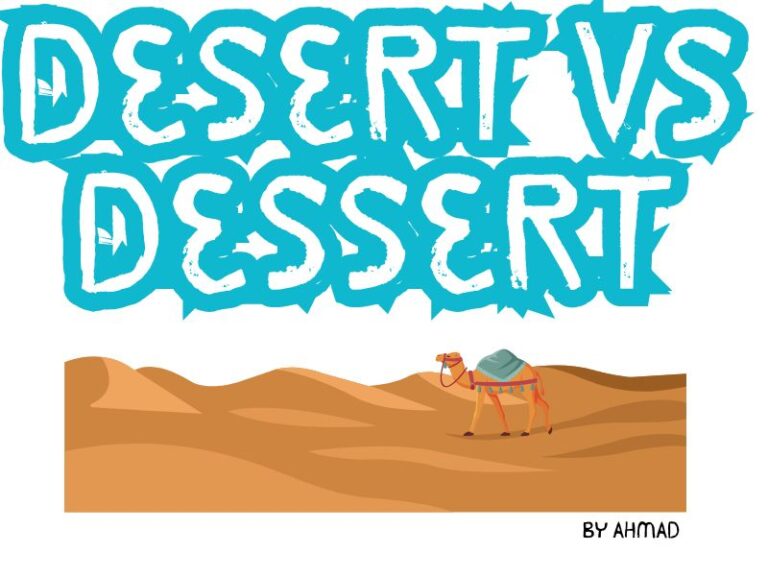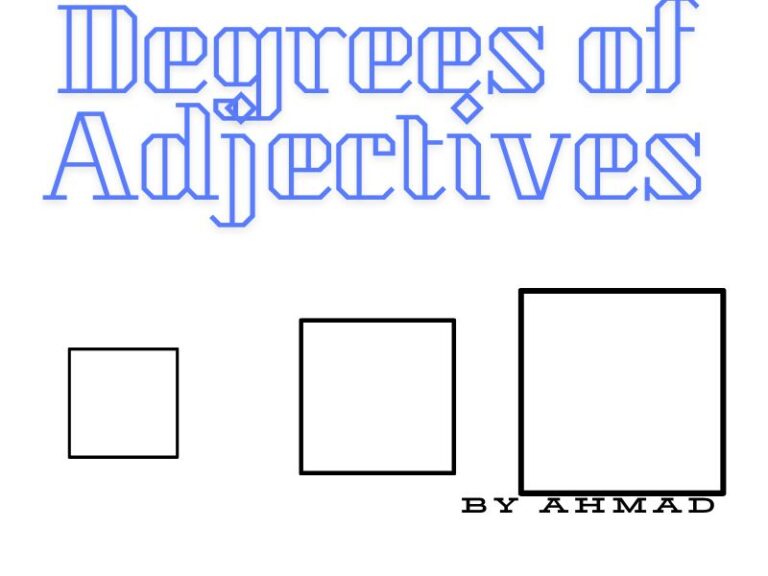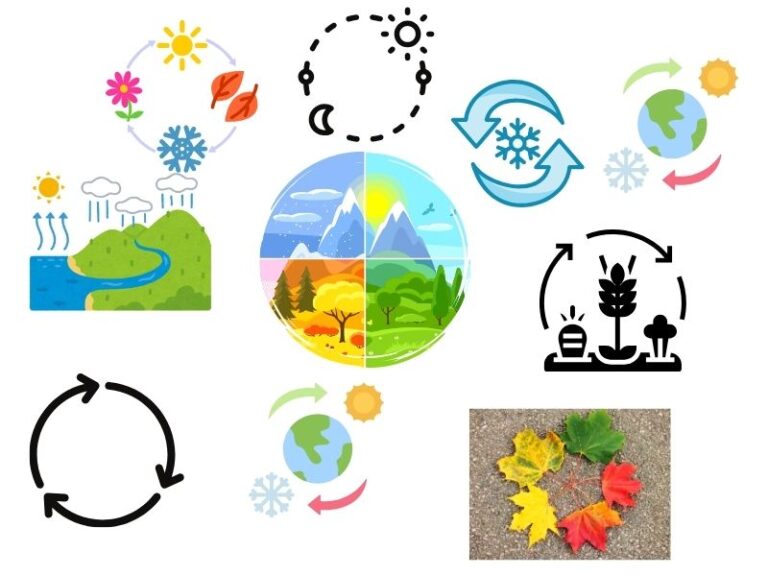Every Time vs Everytime: Understanding the Correct Usage
A common point of confusion is whether to use “every time” or “everytime.” The answer is simple: “Every time” should always be written as two separate words. “Every time” is an adverbial phrase that means “each instance” or “on every occasion,” while “everytime” is a frequent misspelling that has not been accepted into standard English….

